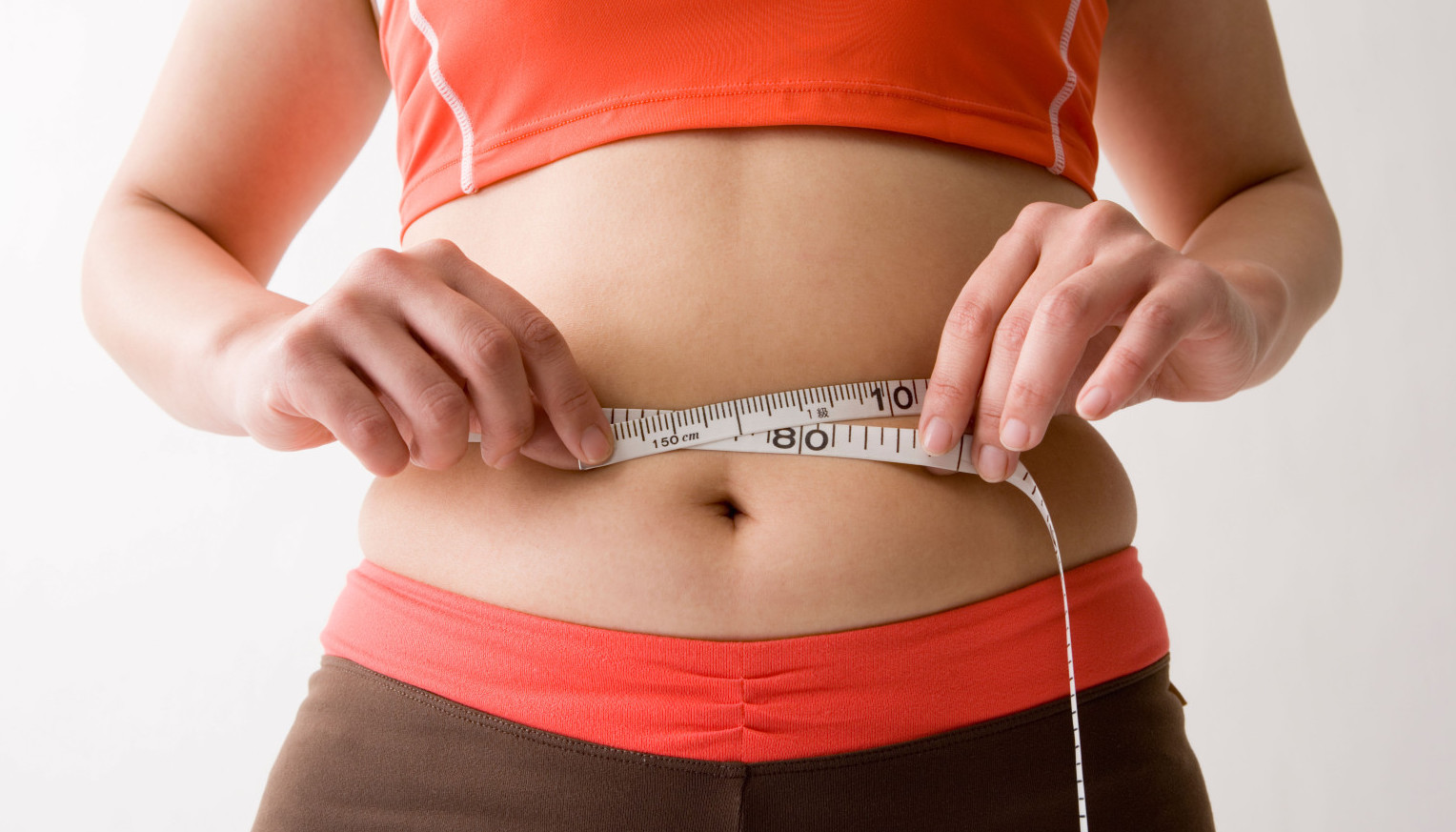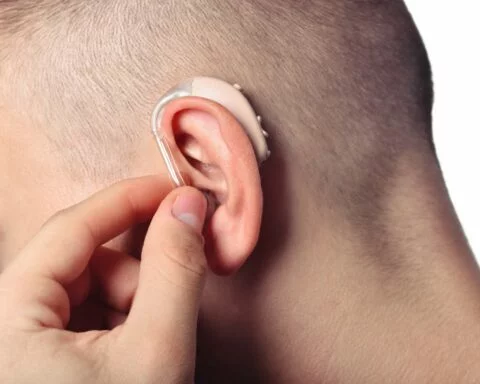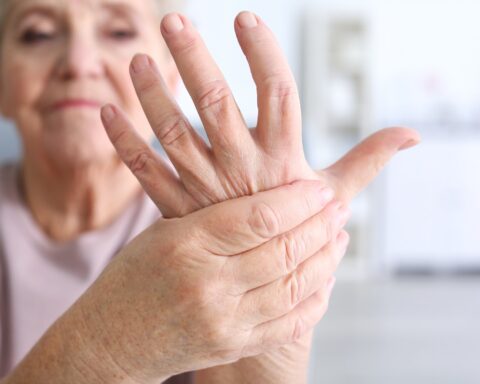Bloating is a common digestive issue that can cause discomfort and embarrassment. It is often caused by excess gas in the digestive system, which can be the result of a number of factors, including diet, lifestyle, and medical conditions. In this comprehensive guide, we will explore 18 ways to reduce bloating, including dietary changes, lifestyle modifications, and natural remedies.
Increase your fiber intake
Fiber is an essential nutrient that can help to regulate the digestive system and prevent constipation, which can contribute to bloating. However, it’s important to increase your fiber intake gradually to avoid exacerbating bloating symptoms. Good sources of fiber include fruits, vegetables, whole grains, and legumes.
Limit your intake of high-fat foods
Foods that are high in fat take longer to digest, which can contribute to bloating. Try to limit your intake of high-fat foods, including fried foods, fatty cuts of meat, and processed snacks.
Cut back on carbonated beverages
Carbonated beverages can introduce excess air into the digestive system, leading to bloating and discomfort. Try to limit your intake of carbonated beverages, including soda, sparkling water, and beer.
Avoid chewing gum
Chewing gum can cause you to swallow excess air, which can contribute to bloating. Try to avoid chewing gum, or opt for sugar-free gum if you must chew.
Stay hydrated
Drinking plenty of water can help to regulate the digestive system and prevent constipation, which can contribute to bloating. Aim to drink at least 8 glasses of water per day.
Try peppermint tea
Peppermint tea is a natural remedy that can help to soothe the digestive system and reduce bloating. Try drinking a cup of peppermint tea after meals to help prevent bloating.
Take a digestive enzyme supplement
Digestive enzyme supplements can help to break down food more efficiently, reducing the likelihood of bloating. Talk to your doctor or a registered dietitian to determine if a digestive enzyme supplement is right for you.
Limit your intake of sugar alcohols
Sugar alcohols, such as xylitol and sorbitol, are often used in sugar-free foods and drinks. However, they can be difficult for the digestive system to break down, leading to bloating and discomfort. Try to limit your intake of sugar alcohols, or avoid them altogether.
Reduce your intake of salt
Salt can contribute to water retention, which can lead to bloating. Try to limit your intake of salt, or opt for low-sodium alternatives.
Avoid eating too quickly
Eating too quickly can cause you to swallow excess air, which can contribute to bloating. Try to eat slowly and chew your food thoroughly to prevent bloating.
Eat smaller, more frequent meals
Eating large meals can put a strain on the digestive system, leading to bloating. Try to eat smaller, more frequent meals throughout the day to help regulate digestion and prevent bloating.
Avoid foods that are known to cause bloating
Certain foods are more likely to cause bloating than others. Common culprits include beans, lentils, broccoli, cabbage, onions, and Brussels sprouts. Try to avoid these foods if you are prone to bloating.
Try probiotics
Probiotics are beneficial bacteria that can help to regulate the digestive system and prevent bloating. Talk to your doctor or a registered dietitian to determine if a probiotic supplement is right for you.
Exercise regularly
Regular exercise can help to regulate digestion and prevent constipation, which can contribute to bloating. Aim to get at least 30 minutes of moderate exercise, such as brisk walking or cycling, most days of the week
- Bell Peppers 101: Nutrition Facts and Health Benefits - April 19, 2024
- Products That Assist with Stress Relief - September 21, 2023
- TRÈFLE – THE ROAD TO THE 15TH - July 29, 2023






